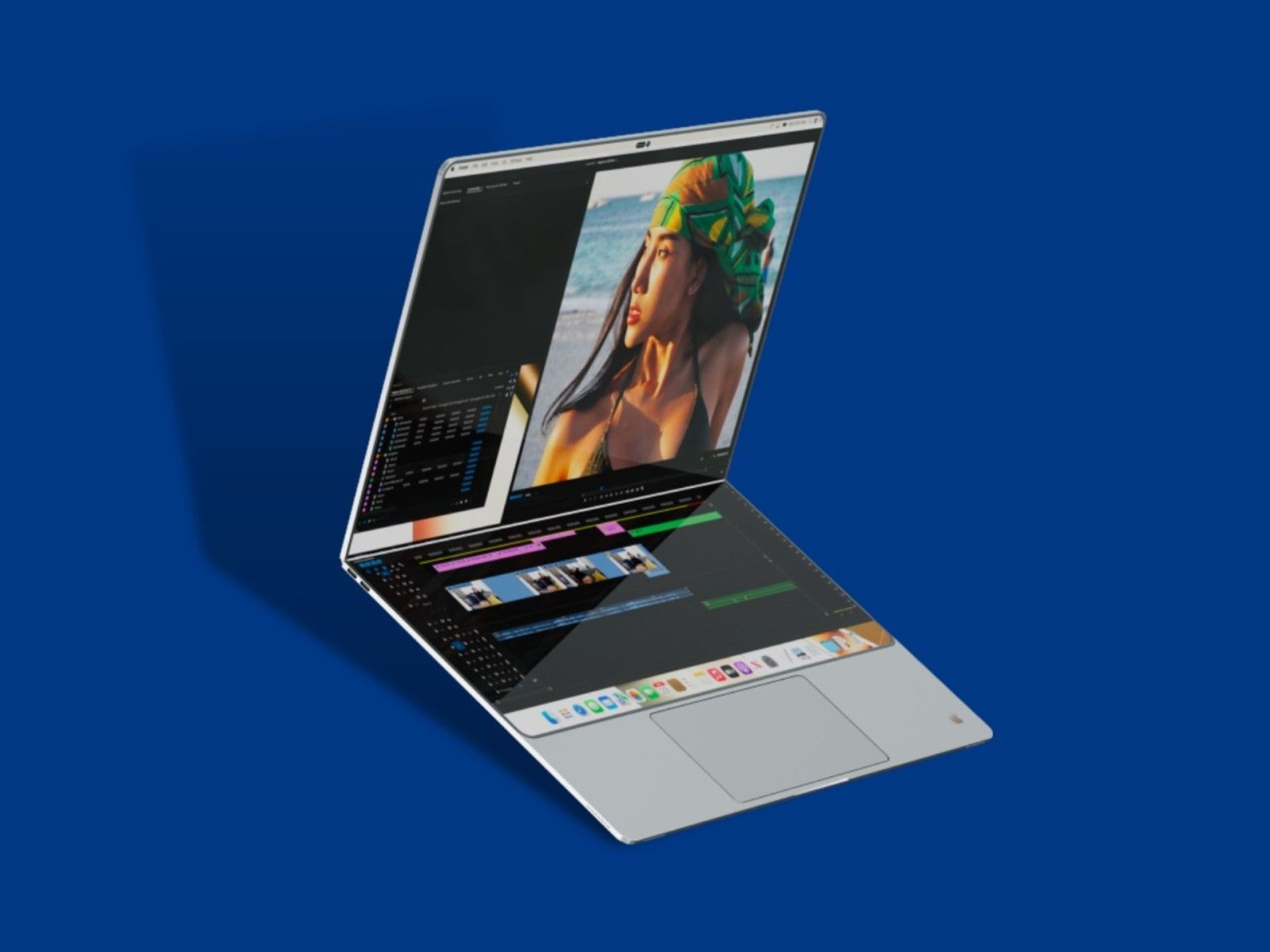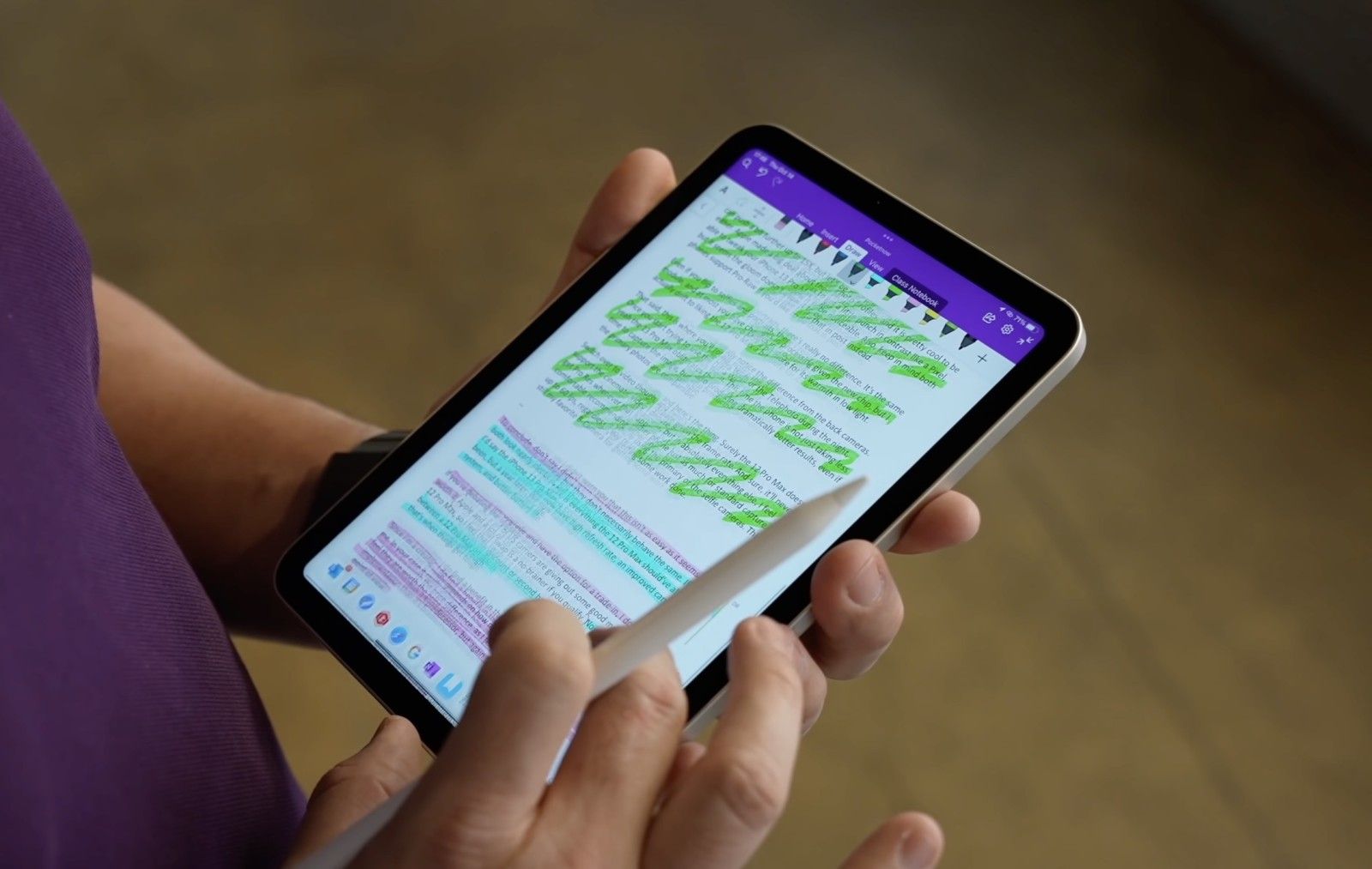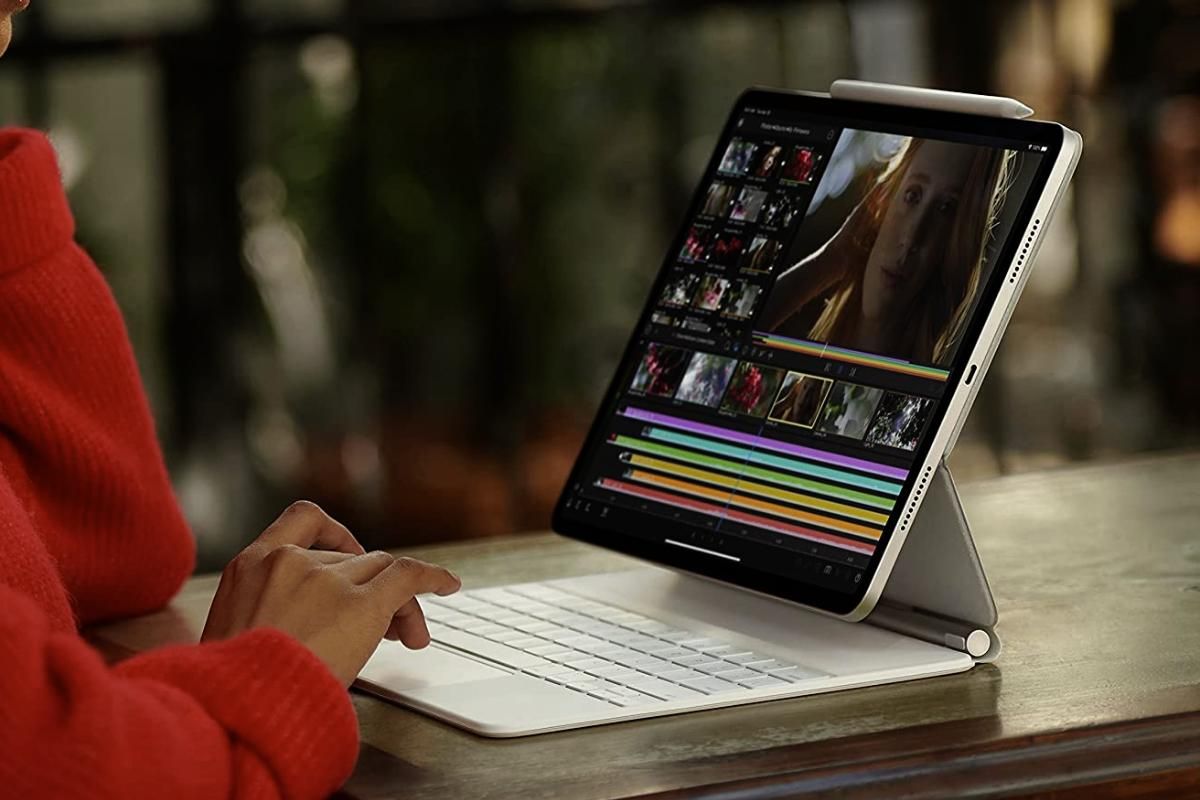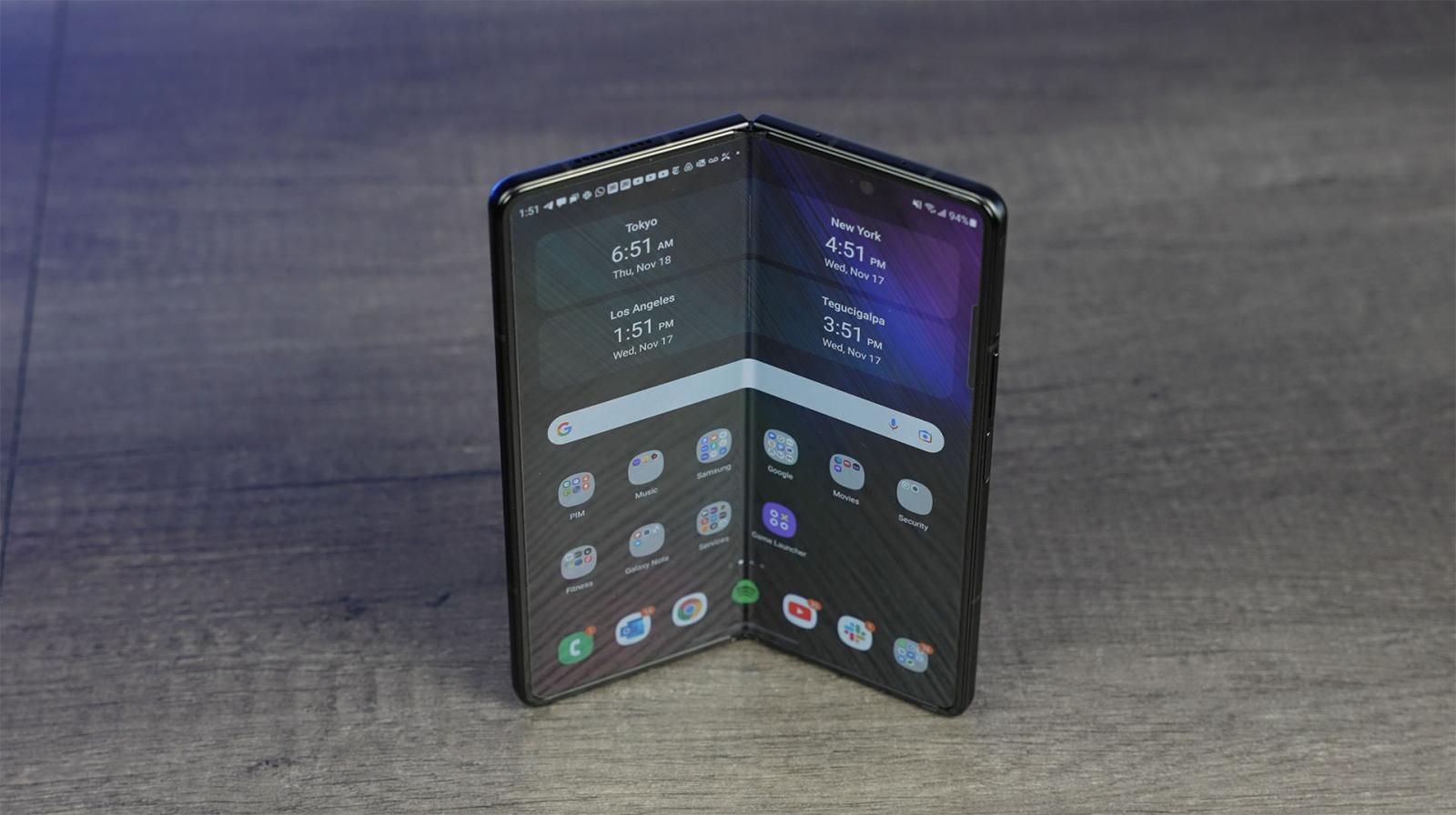My colleague Anton D. Nagy wrote a few months ago that Apple will be screwed if it doesn’t launch a foldable anytime soon. While I, and many people on this planet Earth, want to see what Apple will be able to accomplish with a foldable screen, I believe it will be best for the company to figure out its iPad first. By iPad, I don’t necessarily mean “iPad”, but all the large screen touchscreen devices.
Let me give you some context: I bought the iPad Air with the Apple A14 chip last year. It's a great device — great screen, premium build, smooth software, fast hardware, what's not to like? About six months after buying the device, my iPad finds itself lying on a table most of the time and being occasionally used for content watching — that's it.
Problems with Apple's iPad
When it comes to the iPad, or all Apple devices, as a matter of fact, hardware has never really been an issue. Even the company's four-year-old iPad Pro runs the same iPadOS with the same smoothness as the latest iPad with the M1 chipset. I'm pretty sure that you won't be able to figure out the differences between the company's last three iPad Pro models at one glance. So if the hardware isn't the issue, what is?
Source: Pocketnow video
It all comes down to software
Essentially, everything comes down to the software and it is the main thing that makes or breaks a device. Samsung's Galaxy S22 GOS kerfuffle, even though I think it wasn't as big of an issue as it seemed, exactly showed us why the big tech companies need to focus more on software experience rather than offering over-powered hardware on their devices. A small issue, as small as the GOS scandal that can be fixed with an OTA update, can lead to frustrated customers and ultimately affect the sales of the device.
When talking about the iPad, Apple has really never been able to make the iPadOS stand out. When Apple differentiated iPadOS and iOS into two different operating systems, our expectation was that the iPadOS would once day become as powerful of an operating system as macOS, and get its justice. Four years later, we're still waiting to see what Apple can do with the iPadOS.
Yes, the company has added a few features like support for mouse, Universal Control, SideCar, and a bunch of others here and there, but the iPadOS, or rather the iPad, still doesn't come close to the Mac when using it solely as your computing device for work.
So, what do foldables have to do with iPad?
Yes, you're right. These two types of products are totally different from each other. And as we have learned with Samsung Galaxy Tab S8 and the Galaxy Z Fold 3, both the devices offer a different experience and are targeted at a different audience. But what I mean to say with "Apple first needs to fix iPad problems" is that the company needs to figure out a way to make the most out of large touchscreen devices.
The company needs to give its existing OS(es) a direction first. The experience right now on iPad is, quite honestly, scruffy and it isn't what I would use on a daily basis unless I am an artist (or a creator) who relies on the Apple Pencil. The company needs to re-think the ideology, and the purpose, of such a device and re-align it with its software. Until it does, I think it would be best for the company to not release a foldable.
Apple needs to learn from Samsung
Source: Pocketnow
But if Apple doesn't want to miss out on the foldable hype, and wants to release a device that would go head to head with the Galaxy Z Fold, it needs to learn a few things from Samsung first. For starters, the company needs to improve how the multi-window works on large touchscreen devices. On the iPad, right now, it really isn't intuitive and easy to use. Moreover, the company should offer an application, such as Samsung Dex, that allows users to connect their device with a screen, and use it as a desktop with a keyboard and mouse. This will enable users to take full advantage of the hardware of the device.
In the end, foldables are about bridging the gap. I believe that the main purpose behind developing a foldable device is to offer a device that can do tasks of two separate devices. Samsung does it by offering applications like Dex in its foldables, support for stylus, and many other things.
For Apple, if its foldable is a device between the iPad and the Mac, it should offer functionalities of both devices. Similarly, if its foldable is a device between iPad and iPhone, it should offer functionalities of those devices. But it seems that Apple is still in the middle of finding what its foldable device will offer, and until it is not 100% sure about it, it probably won't release one. This is why I believe the company is late to the game, and we're still months, if not years, away from seeing the first Apple foldable.




